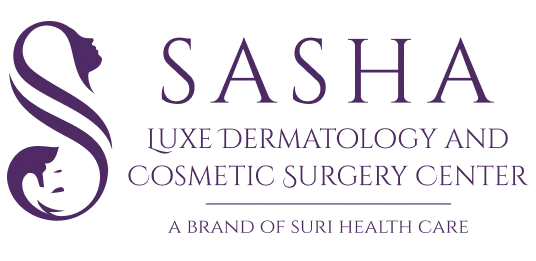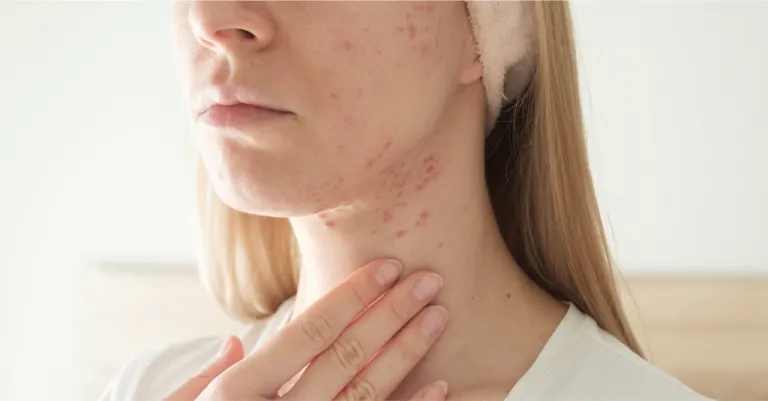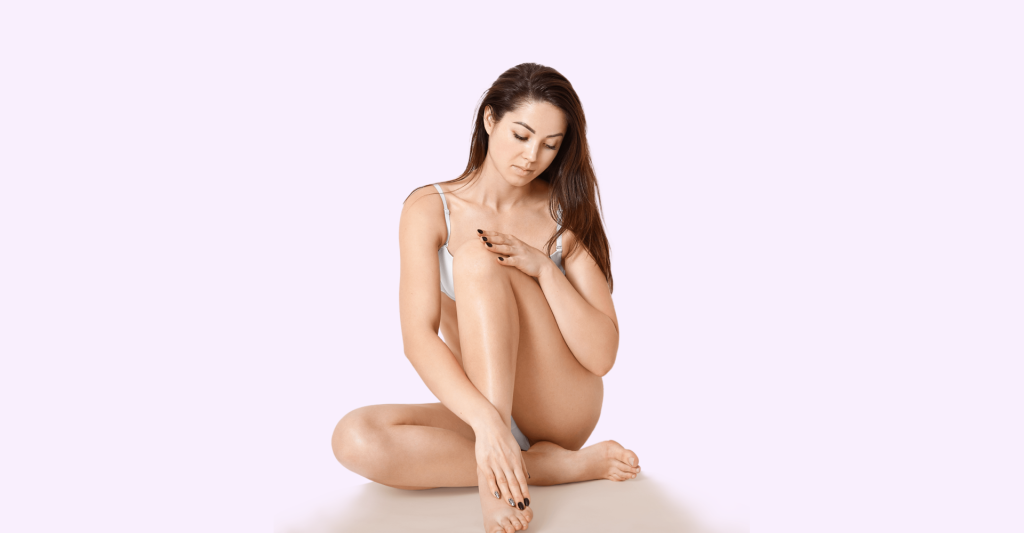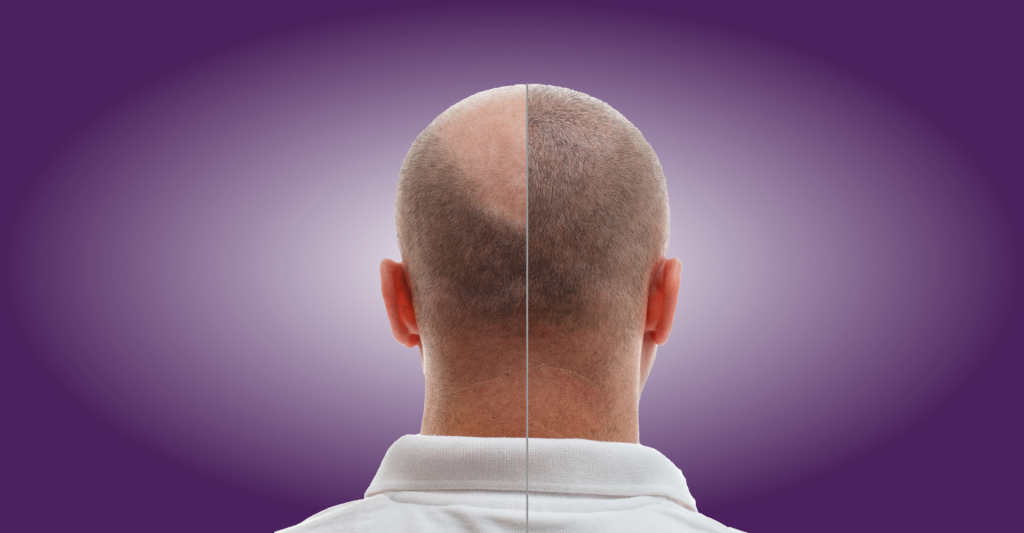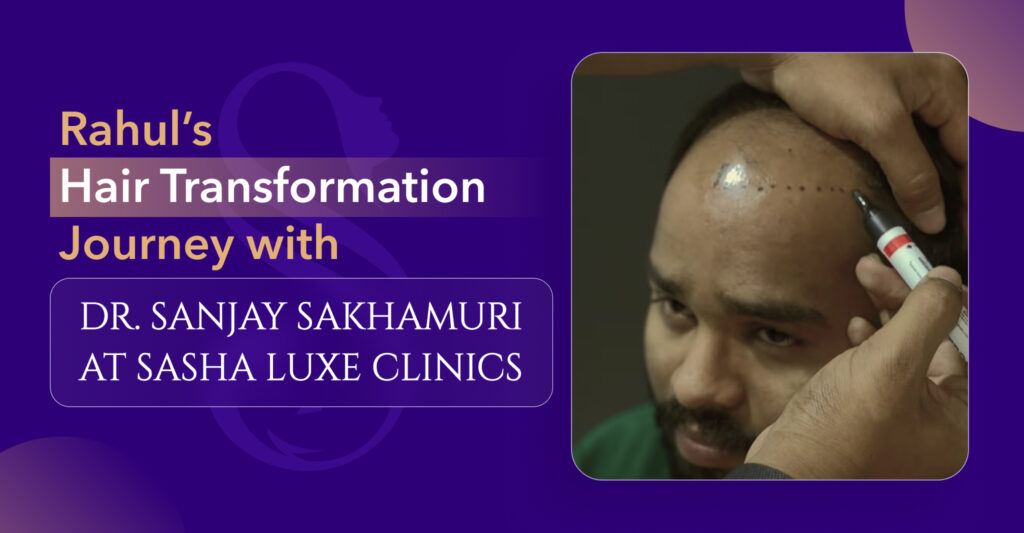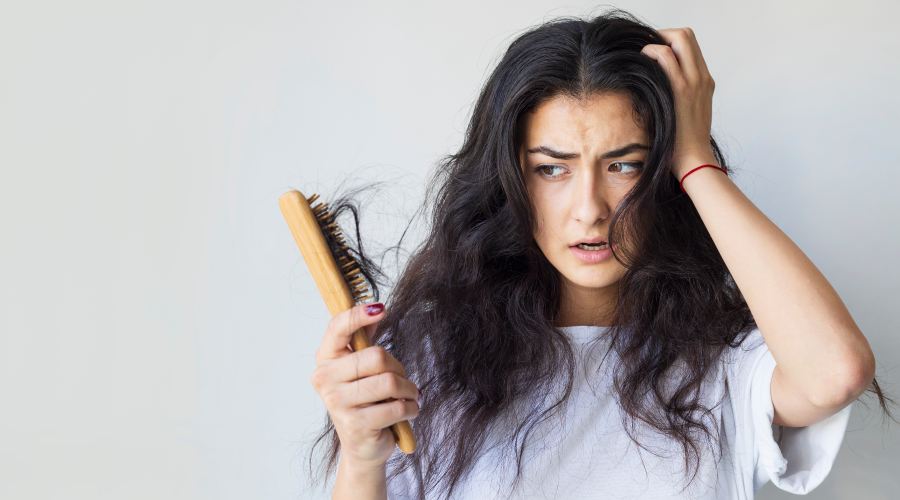Cystic acne is a formidable skin condition that extends beyond its physical impact, often leaving emotional scars as well.
While the origins of acne are multifaceted, one prominent factor that frequently contributes to this skin woe is hormonal imbalance. Specifically, the interplay between hormonal irregularities in Polycystic Ovary Syndrome (PCOS) and the emergence of cystic acne is a significant concern.
In this in-depth guide, we’ll navigate through the intricate dynamics connecting hormonal imbalances in PCOS to the onset of hormonal cystic acne. Additionally, we’ll explore effective strategies for handling this concern.
Decoding PCOS and Hormonal Imbalance
Polycystic Ovary Syndrome (PCOS) is a prevalent hormonal disorder among women. It manifests through erratic menstrual cycles, heightened production of androgens (male hormones), and the development of small ovarian cysts. While the exact root cause of PCOS remains intricate, hormonal imbalance reigns as a central feature.
The elevation of androgen levels, notably testosterone, is a fundamental hormonal imbalance linked to PCOS. This surge in androgen levels sets off a chain reaction in the body, giving rise to diverse symptoms like irregular menstruation, fertility issues, and weight gain. It is also one of the top cystic acne causes.
The Connection Between Hormonal Imbalance and Cystic Acne
Cystic acne, identified by its deep-seated, inflamed, and often painful acne nodules, commonly emerges on the face, chest, and back. Though a blend of genetic, dietary, and hygiene factors can trigger this condition, hormonal imbalance holds a pivotal position in the development of cystic acne, particularly in individuals with PCOS.
Heightened androgen levels instigate the sebaceous glands in the skin to hyper-produce sebum, the skin’s natural oil. The convergence of excess sebum, dead skin cells, and bacteria culminates in clogged hair follicles and pores, resulting in inflammation and the formation of cystic acne. Furthermore, the augmentation of sebaceous glands, driven by heightened androgens, escalates the susceptibility to blockages.
Insulin Resistance’s Role in Cystic Acne
Insulin resistance, frequently encountered in PCOS cases, is also among common cystic acne causes. Insulin, a regulator of blood sugar levels, faces resistance in its interaction with cells, leading to elevated blood sugar concentrations. Consequently, the body responds by producing more insulin, a stimulus that prompts the ovaries to produce excessive androgens.
Moreover, elevated insulin levels wield a direct influence on the skin, provoking escalated sebum production and fostering inflammation. Both of these facets contribute to the development of cystic acne. Managing insulin resistance thus emerges as a cornerstone in treating hormonal cystic acne related to PCOS.
How to treat cystic acne: Managing Hormonal Cystic Acne?
Hormonal cystic acne treatment can involve multiple steps and a significant lifestyle change. A few effective tips are as follows:
- Seek Professional Consultation: If suspicions of PCOS or struggles with hormonal cystic acne arise, consulting a medical professional is paramount. They can extend a diagnosis and recommend suitable interventions.
- Alterations in Lifestyle: Tweaking lifestyle choices can exert a positive influence on hormonal balance and cystic acne. Regular physical activity, a balanced diet of whole foods, and weight management collectively aid in regulating insulin resistance and hormonal fluctuations.
- Adopt an Effective Skincare Routine: Establishing a consistent skincare regimen can contribute to cystic acne management. Opting for non-comedogenic products and gentle cleansers averts pore clogging. Vigilance against over-cleansing and abrasive scrubbing is imperative to prevent exacerbating inflammation.
- Medicinal Avenues: In certain scenarios, medical intervention becomes essential. Birth control pills can regulate hormones and curtail androgen production. Anti-androgen medications are also prescribed to counter excessive androgen levels.
- Harnessing Topical Treatments: Topical treatments, armed with prescription-strength retinoids, benzoyl peroxide, or salicylic acid, exhibit efficacy in unblocking pores and reducing inflammation.
- Anti-Inflammatory Nutritional Choices: Integrating anti-inflammatory foods—spanning fruits, vegetables, and omega-3 fatty acids—into the diet assists in managing inflammation associated with cystic acne.
- Resorting to Professional Procedures: In severe instances, dermatological procedures such as corticosteroid injections, chemical peels, or laser therapy might emerge as recommendations to address existing cystic acne and stave off scarring.
Conclusion
Cystic acne, particularly in conjugation with hormonal imbalance in PCOS, is a multifaceted challenge. Learning how to get rid of PCOS acne and taking steps to manage it can help you tackle it without stress.
If indications of PCOS or severe acne are discerned, consulting a healthcare professional is a prudent step for precise diagnosis and tailored guidance. A targeted approach is the only thing that stands between you and an acne-free life!
At Sasha Clinic, we have experts who have successfully helped multiple women identify cystic acne causes and recommended effective strategies that have worked wonders. We can do the same for you. Please visit our Sasha Clinics for details.
